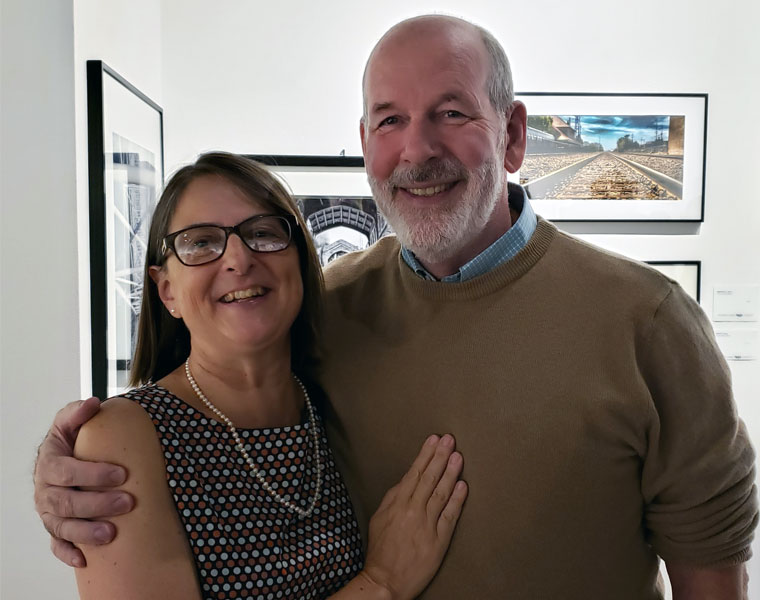It was either Jan. 13 or 14, 1974, when Scott and Jean Frank decided to go from being friends to becoming a couple. Both storytellers by nature, their conversation extended well into the night.
They debated on the date for years. But somewhere over the course of nearly half a century together and 45 years of marriage, their anniversary didn’t seem to matter as much.
For the couple, who have five children and seven grandchildren together, that date is just a small part of their story, which began when they were first-year undergraduate students at the University of Michigan and has continued to flourish for decades at Case Western Reserve University.
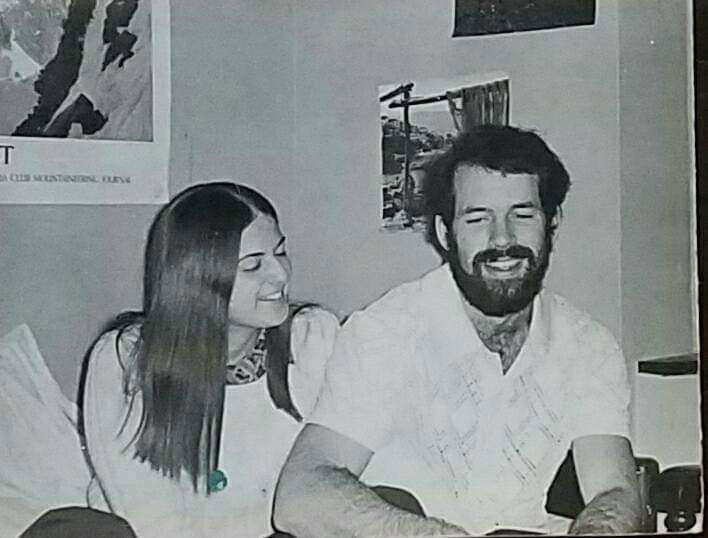
Today (June 30), they both retire from the university, an occasion marking more than 40 years of service for Scott, and over 20 for Jean.
The Franks’ love story brought them to Cleveland in 1982, when Scott began a fellowship at University Hospitals, which carried an appointment at Case Western Reserve. He’s served on the faculty ever since, retiring as an associate professor in the Department of Population and Quantitative Health Sciences and director of public health initiatives.
Jean came to the university in the early 2000s for a part-time position at what is now the Prevention Research Center for Healthy Neighborhoods, eventually becoming the center’s director of adolescent health and surveillance.
Relationships. Relationships. Relationships.
Looking back on his career, Scott views it in two phases: the first spent as a practicing family medicine physician and administrator guiding predoctoral scholars and residents, and the latter as a teacher and mentor for public health students at all stages of their academic careers.
He’s proud of the continuous care he provided to patients and generations of families for 30 years on Cleveland’s east side—having even delivered babies and later, those babies’ babies when they went on to have children of their own.
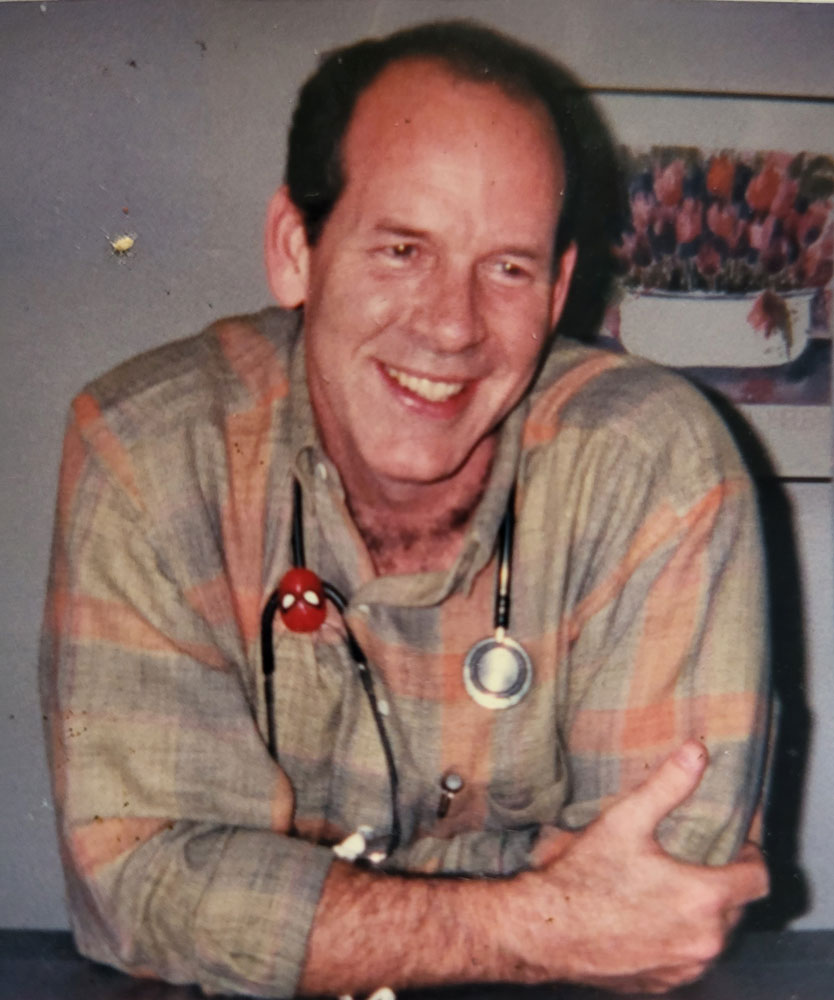
Scott took on the added responsibility of founding Case Western Reserve’s Master of Public Health program, which he led from 1998 to 2017, and taught, mentored and advised capstones for hundreds of master’s students along the way—not to mention eight doctoral candidates.
Scott’s prolific scholarly contributions have ensured his work will endure, beyond what his former students contribute in the field. He is a member of several prominent professional organizations and has served on the editorial boards of notable journals, including on the board of governors for the American Journal of Preventive Medicine.
His research at Case Western Reserve—which covers such topics as public health services, systems and information technology, social justice, behavior change, adolescent health and more—has resulted in more than 40 publications, with over 600 citations total.
“Ultimately, across these different, overlapping career paths, my fondest memories all revolve around the relationships developed and maintained with patients and with students who became colleagues who became friends. Relationships, relationships, relationships,” said Scott, emphasizing one of the key principles of population health he stresses to his students. “[Relationships are] essential to good medical practice and the field of public health.”
Working together for youth
In her own career, Jean has nurtured countless relationships as well. She’s reluctant to talk about herself, though, instead preferring to share credit with the colleagues with whom she works. No one works for Jean; about that, she is clear. Everyone works together on Jean’s team.
And her team members at the Prevention Research Center for Healthy Neighborhoods are passionate about their work. In her job at the center, which is affiliated with the School of Medicine, Jean has primarily contributed to the Youth Risk Behavior Survey, which was developed initially by the Centers for Disease Control and Prevention in 1991. The survey has been administered in Cleveland and Cuyahoga County since 1995, resulting in a vast body of data that can provide insight into adolescent health and risk behaviors over time.
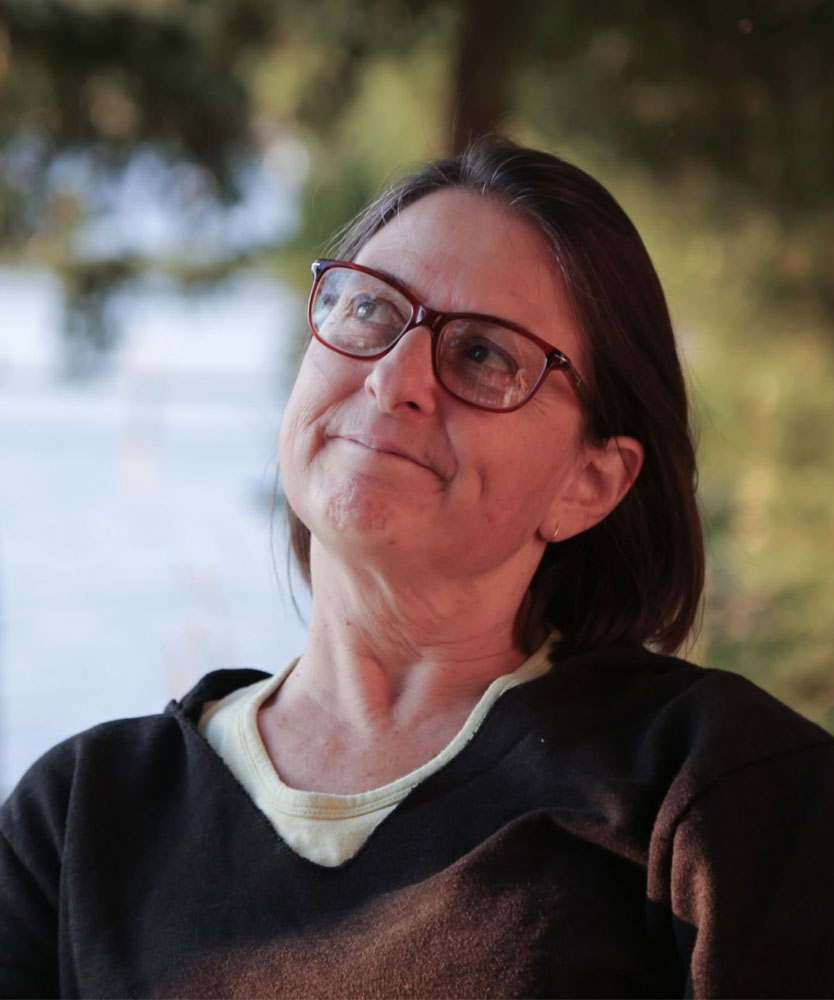
“I never would have imagined myself being engaged in anything data-focused,” Jean said. But the data she’s compiled has helped to inform health decisions in our community—and has shown how they have paid off.
“The job for me has been about the importance of what the high school and middle school students tell us, and developing the relationships in the educational and community system that will allow the data to be used,” Jean said.
One such relationship directly involved Scott, who leveraged Youth Risk Behavior Survey data during his tenure as health director for the City of Shaker Heights to address parental permissiveness in youth tobacco use. Ultimately, the survey’s data also showed the positive impact of the city’s efforts.
Jean earned a Master of Public Health from the University of Michigan, where she and Scott both graduated with undergraduate degrees and Scott completed his MD and residency in family medicine. She spent the intervening years at home caring for the couple’s children and volunteering in many capacities in the community. For six years, she ran the Rock n Reggae Festival, an annual fundraiser for the Cleveland Free Clinic. She also served the organization by recruiting and scheduling volunteer clinicians to staff patient care sessions, and regularly volunteered at her children’s schools.
What comes next
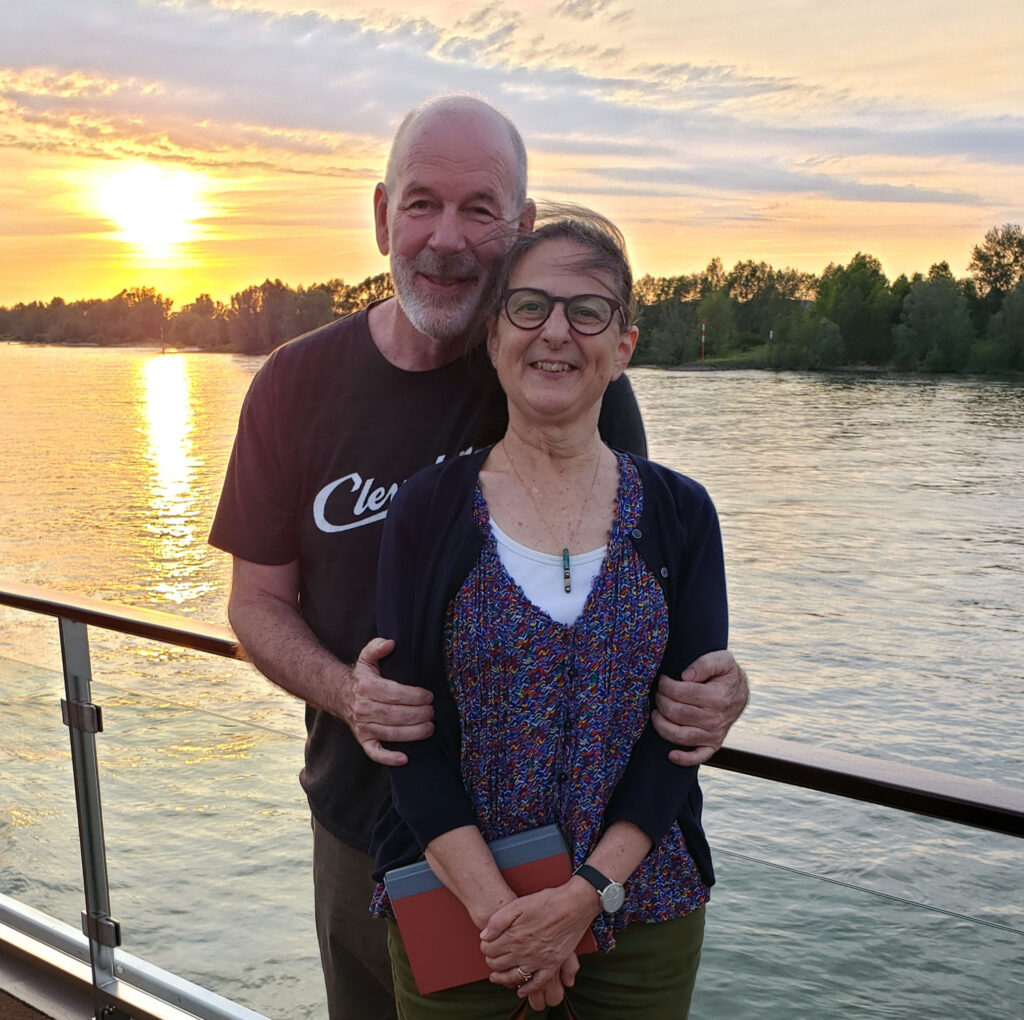
Members of the campus community might still see Scott around campus during the upcoming academic year, during which time he will go on a “final tour” teaching two final courses.
But the Franks look forward to devoting their newfound freetime to their family. With three of their five children living out of state, they will have additional opportunities to travel to spend time with them. They also will get to spend additional time at their family’s cabin in northern Michigan, where both of their extended families live.
“This is just a wonderful time for us, to be able to transition to being engaged with our families,” Jean said.

